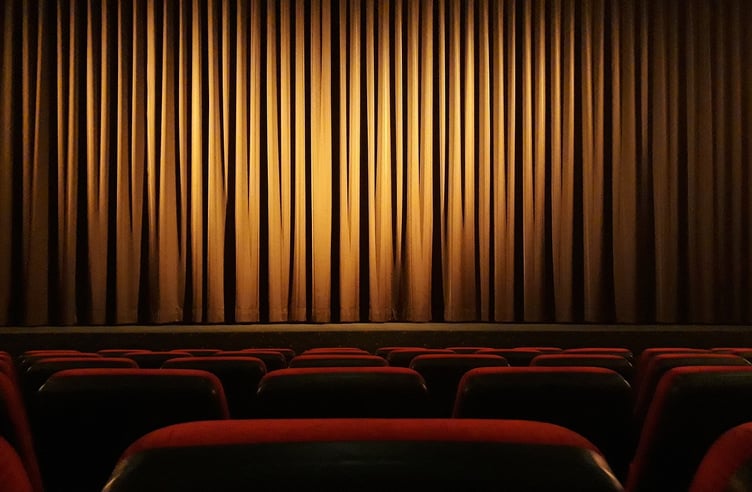Joker: Folie à Deux
Cert - 15
Run-time - 2 hours 18 minutes
Director - Todd Phillips
Preparing for his murder trial, Arthur Fleck (Joaquin Phoenix) is set free by Arkham Asylum's musical therapy programme, and fellow singer, and Joker fan, Lee Quinzel (Lady Gaga).
If you loved Joker you'll likely hate FolieàDeux. If you hated Joker you'll also likely hate FolieàDeux. If you thought that Joker was fine or pretty good be prepared to flip a coin.
2019's Joker grossed over $1 billion and picked up plenty of awards and praise along the way. With a budget increase from $55 million to an estimated $200 million, co-writer (alongside Scott Silver) and director Todd Phillips has made a bolder, darker follow-up, seemingly designed to address and stir the conflict around the first film; made to contrast with the original and turn away the audience who loved it so much. If Joker was Taxi Driver meets The King Of Comedy then this is Bringing Out The Dead meets New York, New York.
While not packed with songs, you can understand the cast and crew's insistence that this isn't a musical, the breaks into musical fantasy - often depicted with classic soundstage production design and colour schemes - lift up the film and take away from the darkness of Arthur Fleck's (Joaquin Phoenix) life. Abused in Arkham Asylum as he awaits his murder trial, there's a bumpy reintroduction before he breaks into For Once In My Life, moving around the room more fluidly as his vocals grow.
Yet, the music is an escape for Arthur from the main focus of the courtroom drama at hand, one which circles around who the Joker really is. Arthur's lawyer (Catherine Keener) insists that he faces a case of dissociative personality disorder, while Arkham patient Lee Quinzel (Lady Gaga), a Joker fan who claims to have seen the rushed TV movie at least 20 times, believes that Arthur is simply Joker. She echoes the chants of the crowds outside the courtroom in a more intimate relationship with Phoenix's conflicted and uncertain character.
Phoenix won an Oscar for his performance in the first film, and here he's just as remarkable capturing the differences between Arthur and Joker, both creeping into the other's clothing. Some of the best moments of the film simply see the camera focus on Arthur in a police car travelling to and from hearings, his mind and eyes twitching with clashing thoughts, tortured by everyone else's impressions while he battles with his own shadow. This is a film much more from his perspective than before.
This sequel certainly won't be for everyone, particularly strong fans of the first film, but there's an interesting continuation of character drama here. More an extended epilogue than a fully-rounded sequel, this is a film that takes risks with both its tone and style. Phillips and Phoenix appear driven to strike a different chord, and crowd, here making for an interesting, more sympathetic, continuation of character study with a scattering of songs which help the increased darkness avoid becoming a bleak slog.
Four stars





Comments
This article has no comments yet. Be the first to leave a comment.